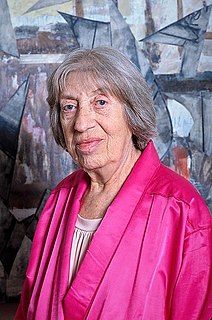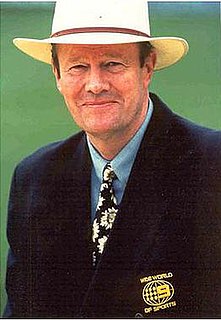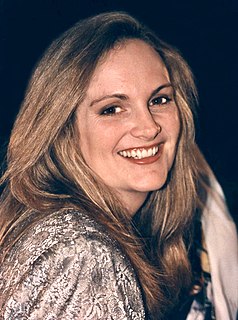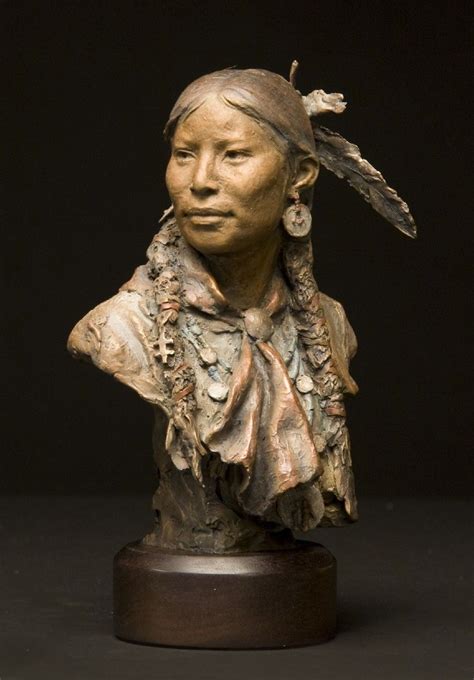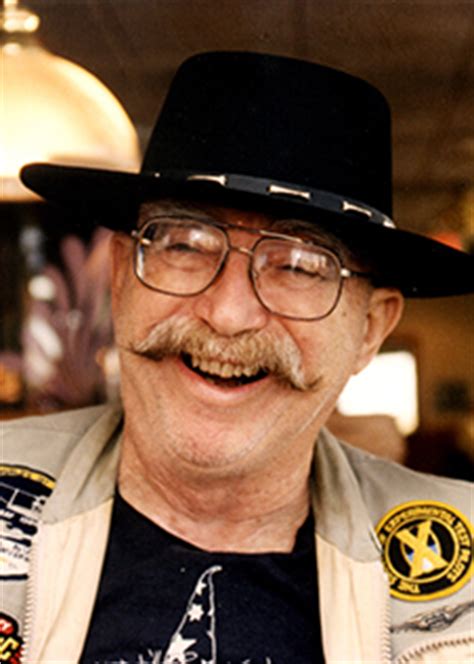A Quote by Lee Krasner
People were very affected by the war. But it didn't mean you stopped painting unless you were called into the Army; then you just couldn't paint. But otherwise one continued.
Related Quotes
It was Harry Patch, who was the last living World War I veteran; and by veteran I mean someone who actually fought in the war, he didn't just happen to be in the army at that time, in the Great War. And when the Iraq War started, he was interviewed, and they said, well what do you think of this? And he said, in a very sad voice, "Well, that's why my mates died. We thought we were going to end all that sort of thing."
Go back to the Bible, the Old Testament. I mean there were people who we would call intelectuals, there, they were called prophets, but they were basically intelectuals: they were people who were doing critical, geopolitical analysis, talking about the decisions of the king were going to lead to destruction; condemning inmorality, calling for justice for widows and orphans. What we would call dissident intelectuals. Were they nicely treated? No, they were driven into the desert, they were imprisoned, they were denounced. They were intelectuals who conformed.
There were 315,000 slave owners in the Union Army (with 200,000 in the Confederate Army) and the men who walked away from the Union Army were adamantly opposed to freeing slaves. We cite these facts and recorded statistics to point out that the principal cause of the war was not the issue of slavery.
About 60% of the people stopped when we had 24 jams on display and then at the times when we had 6 different flavors of jam out on display only 40% of the people actually stopped, so more people were clearly attracted to the larger varieties of options, but then when it came down to buying, so the second thing we looked at is in what case were people more likely to buy a jar of jam. What we found was that of the people who stopped when there were 24 different flavors of jam out on display only 3% of them actually bought a jar of jam whereas of the people who stopped when there were 6 different flavors of jam 30% of them actually bought a jar of jam.
We have a number of very powerful women in the world now - Mrs. [Angela] Merkel, who the Germans call Mutti. What did we call Mrs. [Margaret] Thatcher? When she was minister of education, she stopped the children's free school milk. This may sound quaint, but after the war we were such a malnourished nation that part of the founding of the welfare state were public health initiatives. Every little schoolchild got milk. Mrs. Thatcher stopped it. They called her "Maggie Thatcher, milk snatcher."
Well, it's an ancestral tribe. These were immigrants from north of Germany who came here about the time of the Civil War, but anyway, these people called themselves free thinkers. They were impressed, incidentally, by Darwin. They're called Humanists now; people who aren't so sure that the Bible is the Word of God.
